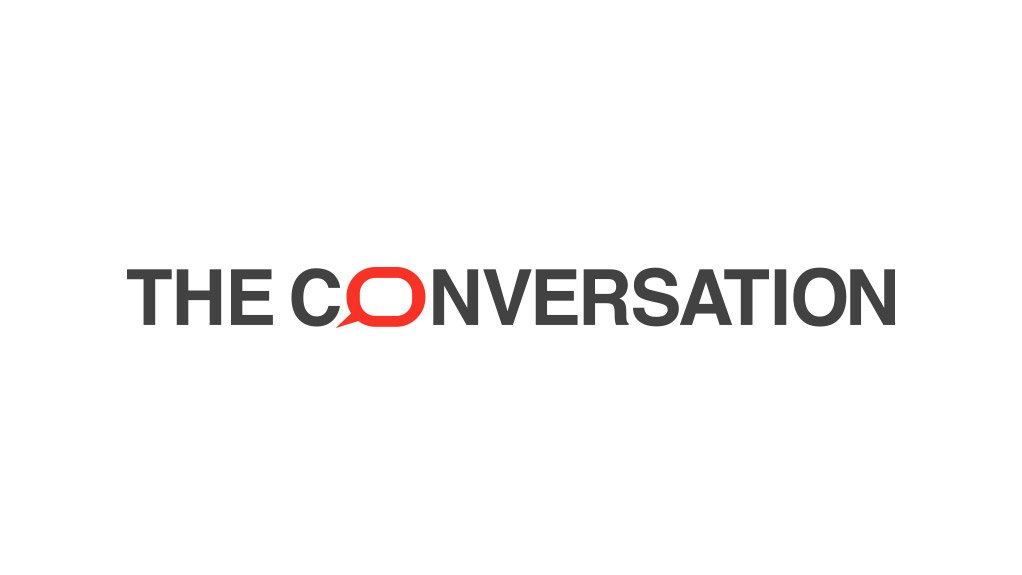Why are childhood vaccinations so important? What are some essential ones?
A recent study published in The Lancet estimated that since 1974, 154-million lives have been saved by immunisation, most of them children.
A 2016 study of low- and middle-income countries found that for every dollar invested in vaccines, the return on investment was estimated to be US$44, considering broader social and economic benefits.
Childhood vaccines are most effective when they are administered to children at the right age, and with the recommended dosage, as children are susceptible to certain diseases at certain ages.
As an example, polio occurs most frequently in children below the age of five. Five doses of polio vaccinations are recommended, starting at birth.
As the most contagious and fast-moving of the vaccine-preventable diseases, measles is often described as the “canary in the coalmine”: a warning of other disease outbreaks that might spring up where there are gaps in vaccination coverage.
How does South Africa fare?
A case study done in 2011/2012 found South Africa spent US$131-million on basic child vaccine procurement, less than 1%-1.5% of public health expenditure and comparable to Latin American countries known for early vaccine adoption. In 2023 new vaccines were included in the routine Expanded Programme on Immunisation to the value of US$194-million.
We do spend appropriately on vaccines.
South Africa has an excellent immunisation schedule with protection offered against 11 diseases.
According to the District Health Barometer, national coverage for children under one year was 82.2% in 2022/3.
In 2019, a national household immunisation survey, the first such survey done in two decades, provided the most detailed picture of South Africa’s vaccination programme that we have. The survey screened almost 2 million households and found 84% of babies had received all their shots by the time they turned one.
Although these rates may seem good, they fall short of the 90% target set by the United Nations. They are also lower than in several other sub-Saharan countries, as this graph shows.
A greater concern, however, is the disparity at the district level. For instance, Sekhukhune in Limpopo province had a coverage rate of just 53%, meaning almost one in two children were not fully immunised. Ten other districts had coverage rates below 75%, meaning that at least a quarter of the children were not fully protected.
What is preventing the country from achieving the 90% target?
In the national survey the main reasons for children not being fully immunised were related to the health service:
-
the vaccine was out of stock (29%)
-
the child was ill and not offered a vaccine (12%)
-
caregivers did not know that the child was due for immunisation (19%)
-
the caregiver forgot that the child had a scheduled immunisation visit (6%)
-
there was no-one to take the child to the clinic (9%).
Other factors include:
-
negative interactions with healthcare workers – these can deter caregivers from taking children for their vaccines
-
waiting times
-
the dynamics within families – for example, adolescent mothers and elderly caregivers might have difficulty getting children to clinics.
Vaccine refusal by parents for religious or other reasons existed, but this was infrequent (3%).
What needs to be done?
To protect children better, Unicef’s Immunization Agenda 2030 recommends a “people-centred” approach:
-
ensuring all healthcare workers are skilled at administering inoculations, and not missing opportunities to vaccinate a child whenever they visit a health service
-
avoiding vaccine shortages by electronically linking central pharmacies to facilities
-
listening to communities to understand their attitudes towards vaccines and their experiences with health workers at clinics, both good and bad.
In South Africa districts with low coverage warrant special attention, such as increasing access to immunisation services. This could mean opening clinics on weekends or evenings so that working parents could bring their children to be vaccinated.
Vaccinations are the safest method to protect children from life-threatening diseases. We need to ensure that every child gets them.
Written by Susan Goldstein, Associate Professor in the SAMRC Centre for Health Economics and Decision Science - PRICELESS SA (Priority Cost Effective Lessons in Systems Strengthening South Africa), University of the Witwatersrand and Haroon Saloojee, Professor of Child Health, University of the Witwatersrand
This article is republished from The Conversation under a Creative Commons license. Read the original article.











